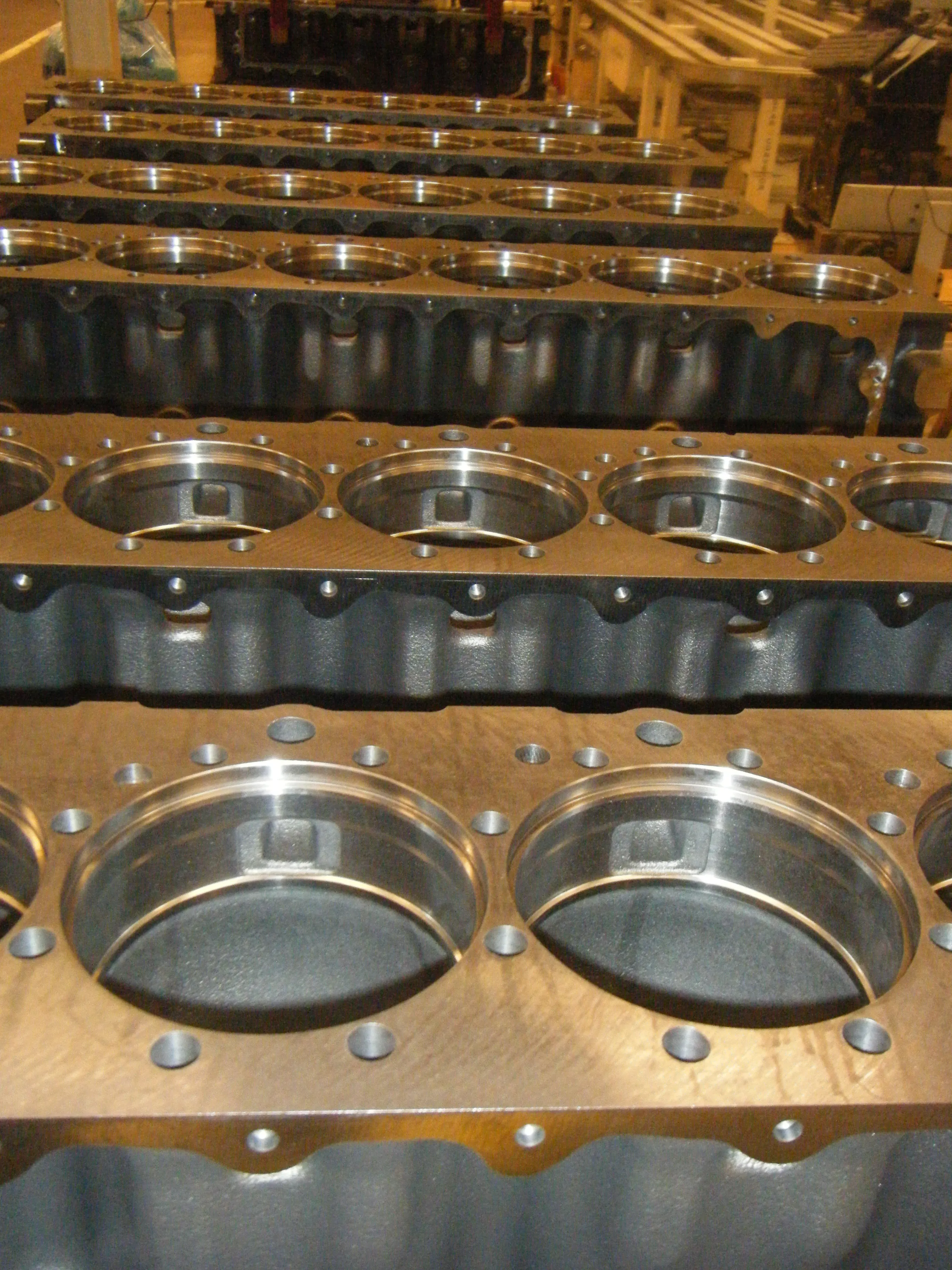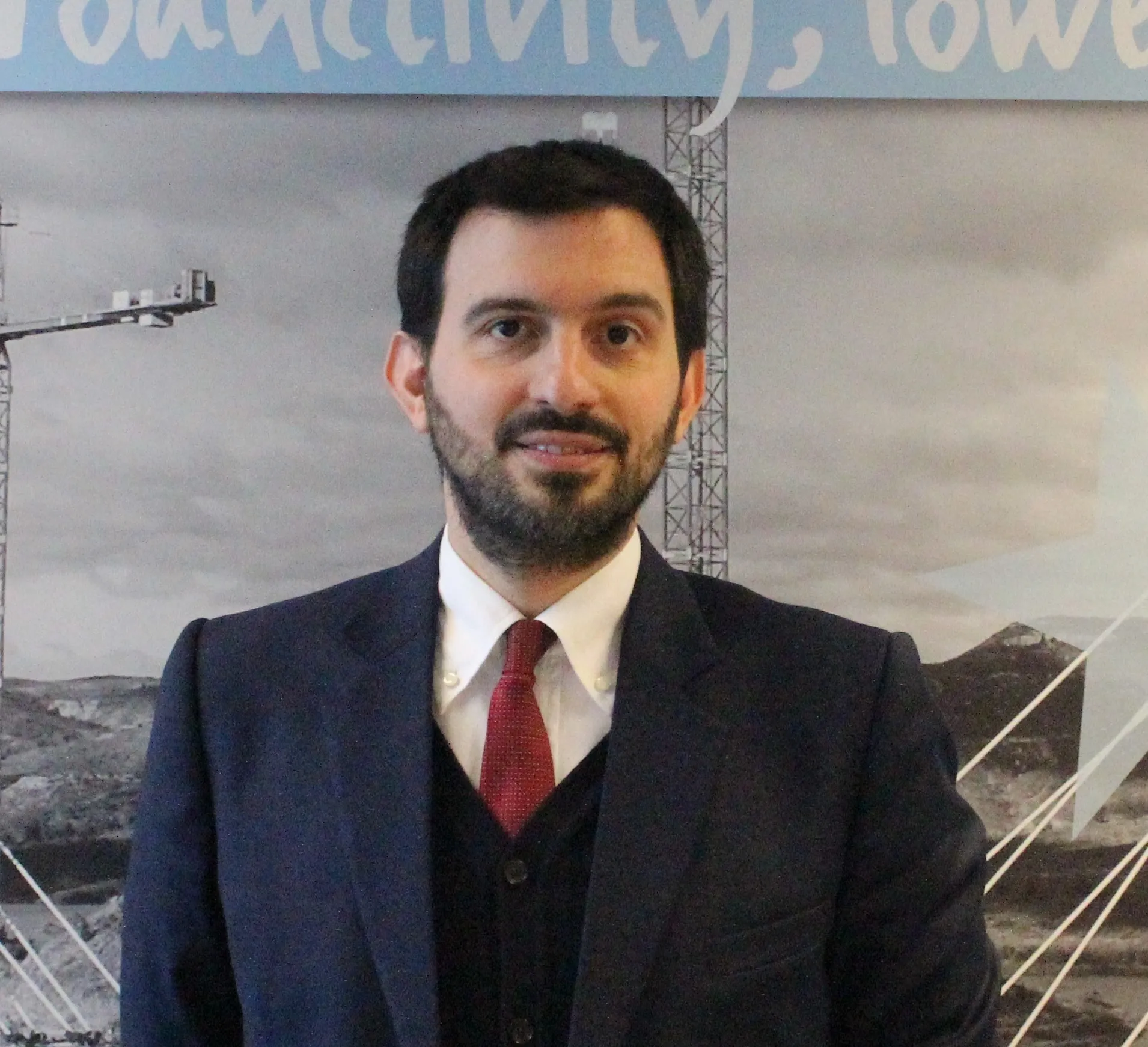
Europe’s construction machinery manufacturers association, CECE, reports that 2019 was a positive year for the sector. However, the forecast for the coming year is that market conditions will be challenging.
Sebastian Popp, secretary of CECE statistical commission commented that there has been a steady increase in sales of construction machines in Europe over the last 10 years. “Sales continued steadily, apart from a slight dip in 2012 and 2013,” he said, adding that 2020 will be less positive. “We are now at the edge of a cyclical downturn.”
Looking at the market more closely reveals some interesting pointers and Popp said, “More than half of the equipment sold comes from the three main markets, Germany, France and the UK.” He explained that these account for 25%, 14% and 12% of sales of construction machines in Europe respectively.
Popp said that for many equipment sectors, there was a ‘bauma effect’, with sales proving strongest in the first two quarters of 2019. However, the earthmoving equipment sector bucked this trend. “Sales grew 6% and the growth continued through 2019.”
He continued, “The sector bounced back in early 2020. Until February 2020, we had seen good recovery.”
How the EU will respond economically to the current pandemic remains to be seen. But Popp added, “When we will see stimulus packages, the infrastructure sector will be one to benefit.” And he explained that this will help boost future construction activity.
Meanwhile, Riccardo Viaggi, secretary general of CECE, explained that the group has been lobbying for the deadlines for the Stage V emissions requirements to be extended. He said that incomplete and unsold engines meeting the requirements of the transition period have been stockpiled due to a shortage of components to complete them and also because of the drop in demand. Viaggi explained that sticking to the original Stage V deadlines would result in many components being scrapped, which is not desirable from an environmental perspective.
In addition, Domenico Camprogrande, director general of the European contractors association, FIEC, commented that the pandemic is posing challenges for construction at present. “In Italy, Luxemburg and Spain, work is forbidden.” However, he added that even in countries where construction is still allowed, there are challenges such as a shortage of materials, getting personnel to and from sites, practicing social distancing and a lack of PPE.
That said, there are some contractors that are restarting construction operations in Europe. And for road construction in particular, practicing social distancing onsite would be easier to implement with personnel working inside machines and trucks or at a distance from each other. In a similar vein, the reduced traffic volumes would help ensure that material supplies of concrete or asphalt for example could be more timely than usual.






